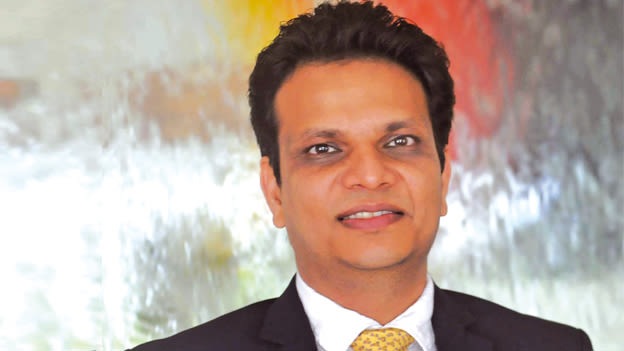A CEO has to drive the organization's EQ

As a CEO, it is important to build a culture that attracts talent. It is about building an environment where people get enough opportunity to do things they want to do
HR is an integral part of our company’s strategy and every important objective is planned in collaboration with the function. However, I personally undertake certain talent initiatives. The first one comprises the development of senior leaders in the organization. We have a group of approximately 45-50 key leaders within the organization who are either running small businesses of their own or are capable of running them with the next two to four years. As a CEO, my key objective is to connect with this group, not to develop or enhance their functional ability, but to encourage them to collaborate with other teams, enhance their ability to manage large teams and their ability to think big. As a head of the business, my key objective is to find ways to empower them and make them entrepreneurs.
I oversee this program for key talent in the organization to drive the values of ownership and design the best model of mentorship. At present, 10 of the most experienced people in the organization mentor this group of 45-50 key talent. This mentorship model works to identify their goals, their strengths and weaknesses and how to best leverage their strengths. Perhaps the biggest emphasis that I lay for the organization’s talent is on EQ. Considering our organization is an analytical organization and IQ is a fundamental hiring criteria, with the growth in size of the organization, I’ve realized that driving EQ is more important. Another key criteria which I’m personally interested in driving is the percolation and alignment of the firm’s strategy and vision at all levels of the organization, especially at the junior most levels.
I oversee a program called ‘Netritva’ targeted at the branch managers. The objective of this program is to drive the vision of the organization and the firm to these branch managers so that they can act as CEOs of their own small businesses. One of the major traps that large organizations fall into is centralization. The main objective of this program is to ‘decentralize’ so that individual branches collectively do well to contribute to the well-being of the whole enterprise. As a CEO, I maintain a regular cadence of interacting with these branch managers through phone calls and in-person interactions.
As a CEO, it is important to build a culture within the organization that attracts talent. It is about building an environment where talent really blossoms. A key part of this culture is to ensure that people within the organization get enough opportunity to do the things that they want to do. A CEO has to make sure that the roles within the organization are not straitjacketed and people always have the opportunity to explore. For example, if someone comes up to me and proposes that s/he finds ‘coal financing’ to be very interesting, it is my job to not just let the person learn and explore the specific area, but also to actively encourage that. A CEO, thus, has to build an organization into a platform that is meritocratic, and encourages risk-taking and opportunity-identification.
NITIN JAIN is the CEO of Edelweiss Financial Services













